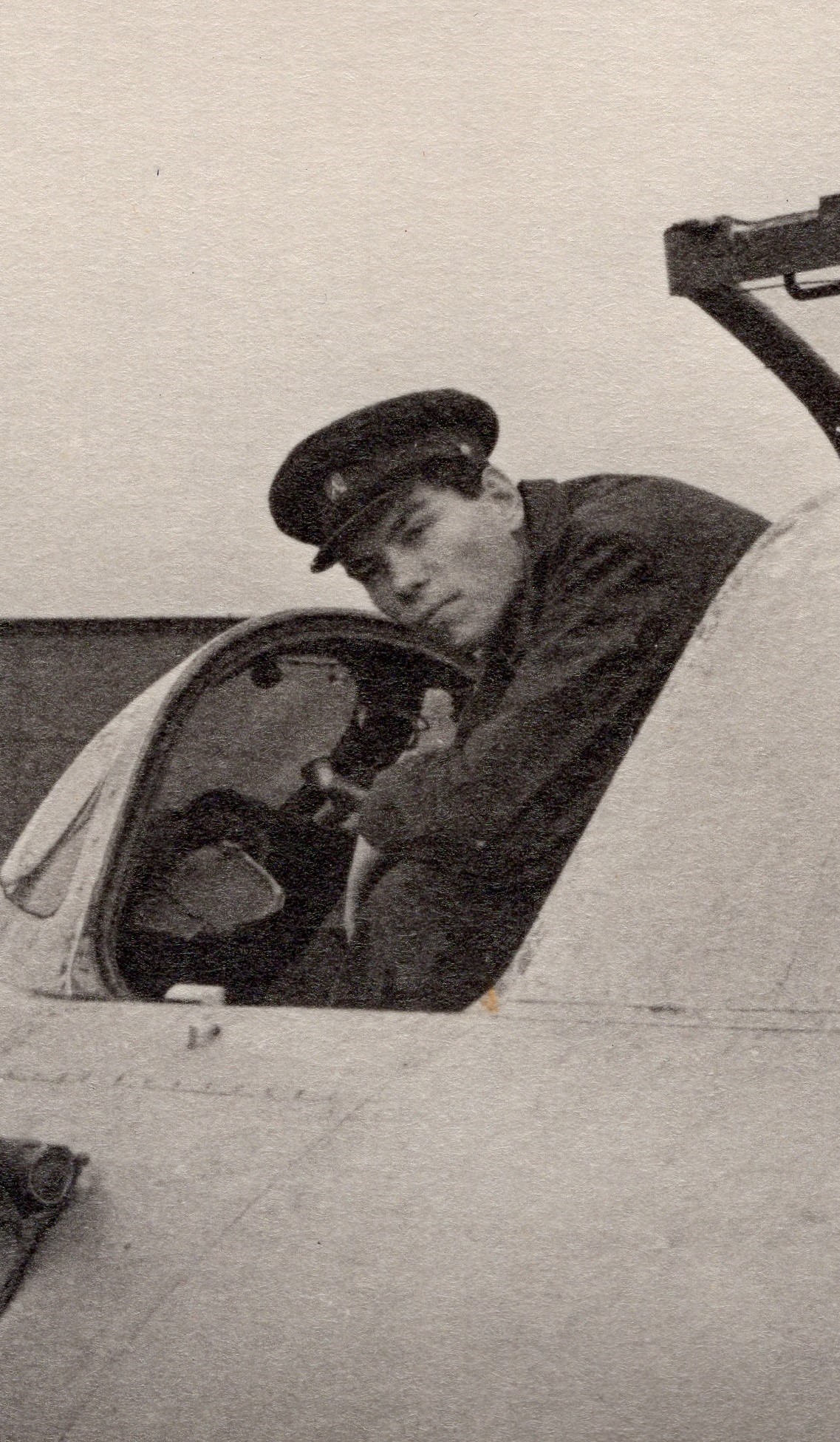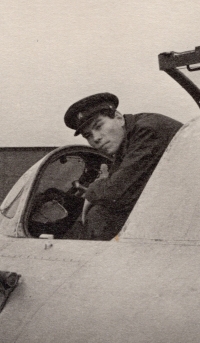He did not agree with the occupation. He had to finish in the air force and worked in the mines

Download image
Jiří Ježek was born on 20 September 1941 in the maternity hospital in Semily; however, his family lived in Železný Brod. He spent his childhood and youth there. His father was sent to forced labour in Germany during the war, and he built shelters for war submarines there. The witness painted since childhood, and both surrounding nature and the tradition of glass in the town influenced him. He won a regional contest at the vocational school in Varnsdorf and exhibited his works. He decided to train to become an aircraft mechanic in Košice in 1958. He and his wife Marie got married in 1962 and had their son Jiří. He joined the army prematurely because of the escalating Berlin crisis. He worked for the 10th Air Army in Hradec Králové, first as an armament mechanic, then as a gunner-radar operator in a bomber. He took part in international military exercises. He experienced the invasion of Warsaw Pact troops directly at Pouchov military airport. Even though a member of the CPC, he refused to agree with the entrance of occupation troops later in 1969 and the communists expelled him from the Party, army and also from extramural studies at Military University. He changed different blue-collar jobs and from 1967, he worked until his retirement in the uranium industry in Stráž pod Ralskem. His wife became ill with cancer and died in 1980. Jiří Ježek stayed on his own with his son whom the regime prevented from studying. At last, his son graduated from university and he later became a mayor in Liberec. The witness worked as a trade unionist and participated in negotiations on the decline of uranium mining after the Velvet Revolution. He lived in a retirement house in Vratislavice nad Nisou in 2022.

